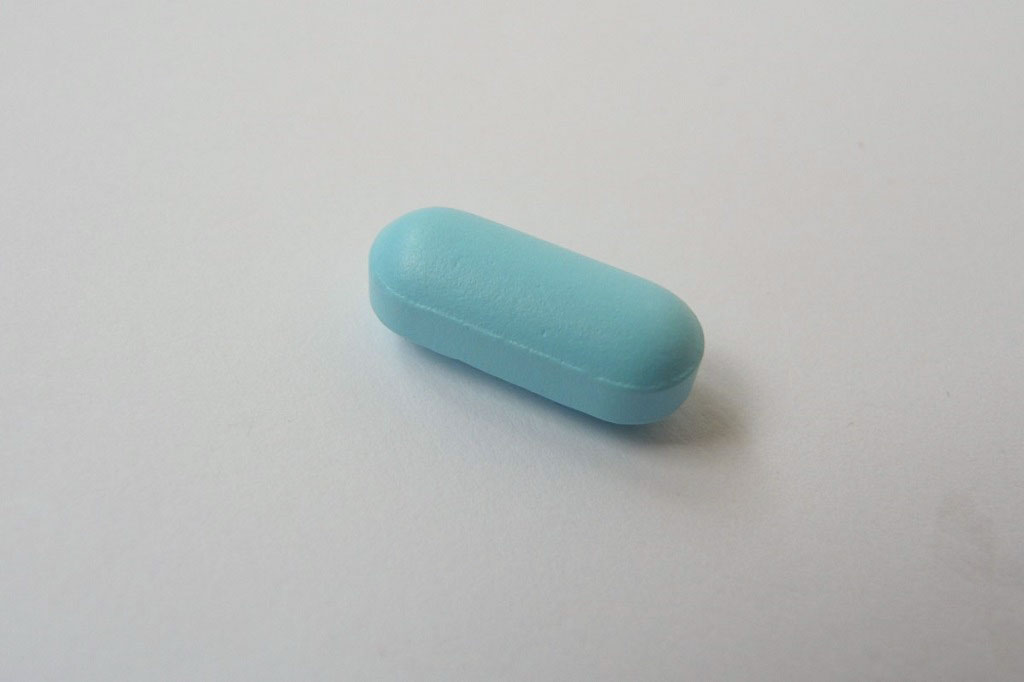Could some people benefit from a higher dosage of statins?
Heart and lungs

'Higher doses of statins could prevent thousands of deaths, research finds' The Independent reports
"Increasing statin dose could prevent thousands of heart attacks and strokes a year," The Daily Telegraph reports.
Statins are medicines that help lower cholesterol levels and are used as a preventative treatment in people thought to have an increased risk of cardiovascular diseases, such as a heart attack or stroke.
However, before everyone taking a statin thinks they should be taking a higher dose, it's very important that this study is interpreted correctly.
This study used general practice records to identify high-risk people who'd had a previous heart attack or stroke, diabetes or advanced kidney disease; all of which increase the risk of future cardiovascular diseases.
The researchers essentially found that where a person took statins as recommended – and at a prescribed higher dose – the less likely they were to have a cardiovascular event such as a heart attack or stroke.
Researchers concluded that if everyone in the high-risk group had been treated optimally, this could have reduced the number of cardiovascular events to 4 per 100 per year, rather than 7 per 100 per year.
The study was observational so we aren't able to know the reasons behind individual treatment decisions. However, people who've had a previous heart attack or stroke are already recommended to take a high-dose statin.
The findings of this study do not apply to the thousands of people who have raised cholesterol but no prior history of cardiovascular events and who are being treated with a low-dose statin in line with current recommendations.
Where did the story come from?
The study was carried out by researchers from the University of Leicester, University of London and other institutions in the US and Switzerland. The study was published in the peer-reviewed medical journal JAMA and is freely available to access online.
Many of the researchers declared financial relationships with the pharmaceutical industry and the study was funded by the US biopharmaceutical company Amgen Inc.
Much of the UK's media coverage is misleading and is likely to make people think that the findings apply to everyone who is taking a statin, when they do not. Also headlines such as the Mail Online's claim that "More than 12,000 people have suffered heart attacks because they forgot to take their daily statin" is unsupported due to the observational nature of the study.
The Independent did correctly indicate that the study has looked at high-risk people who've already had a heart attack or stroke.
What kind of research was this?
This was an observational study that used data from a large general practice database to look at whether statin prescription and dose given was linked to specific health outcomes in high-risk patients.
Randomised controlled trials are usually the best way at looking at the direct effect of treatment, but observational studies like this are often used to look at medications when you want to look at thousands of people and follow them up for long periods of time – much more so than you could do through a trial. It would also be unethical to offer a patient a treatment (or a dose in this case) that is thought to be less effective than other treatments.
A practical disadvantage of an observational study is that it can't prove for definite that the dose alone is directly responsible for outcomes. It also can't exclude the influence of other patient health factors and characteristics associated with that choice of prescription.
What did the research involve?
The study looked at general practice data collected by the Clinical Practice Research Datalink (CPRD) database. They identified high-risk patients with past heart attack or stroke, type 2 diabetes or advanced kidney disease who were newly prescribed a statin or another drug (ezetimibe) that lowers cholesterol in a slightly different way, between 2010 and 2013. To be eligible they needed to have received treatment over at least 2 consecutive years.
They looked at adherence as measured by how many people regularly took statins as per their recommended prescription; which for most people is on a daily basis. They also assessed the intensity of treatment according to how much it was expected to lower low density ("bad") cholesterol:
- low intensity (less than 30% reduction)
- moderate intensity (between 30% to 50% reduction)
- high intensity (more than 50% reduction)
Participants were followed up to 2016, also using Hospital Episode Statistics (data compiled by the NHS on reasons for hospital admissions) and the Office for National Statistics database. The main outcome of interest was any of:
- death from cardiovascular disease
- hospitalisation for heart attack, unstable angina, stroke or heart failure
- revascularisation procedure (to open up a blocked heart artery)
What were the basic results?
A total 29,797 participants were included, 56% of whom had past heart attack or stroke, 42% diabetes, and 2% kidney disease.
There were some differences in the treatment approach, for example a quarter of those with past heart attack or stroke were started on high-intensity treatment compared with less than 5% of either those with diabetes or kidney disease. Moderate intensity was by far the most common across all groups. They also observed that those prescribed high-intensity statins were more likely to be adherent than those prescribed low-intensity.
When looking at a combined measure of adherence and treatment intensity they found that generally, the better the adherence and the higher the dose of statin treatment, the less likely the person was to experience the adverse cardiovascular outcomes. For example, each 10% increase in both adherence and treatment was associated with a 10% decrease in risk (hazard ratio 0.9, 95% confidence interval 0.86 to 0.94). The risk reduction was greater among those with more risk factors (for example, past heart attack or stroke in addition to very high cholesterol).
The researchers estimated that the rate of 7 adverse events (heart attack or stroke) per 100 people per year could have been reduced to 5 per 100 per year with optimal treatment.
How did the researchers interpret the results?
The researchers conclude that "the lowest cardiovascular risk was observed among adherent patients receiving high-intensity therapy, and the highest cardiovascular risk was observed among non-adherent patients receiving low-intensity therapy. Strategies that improve adherence and greater use of intensive therapies could substantially improve cardiovascular risk".
Conclusion
This is a valuable study that used a large quantity of general practice data for high-risk patients to see how treatment intensity and adherence to treatment are associated with cardiovascular outcomes.
It's very important that these findings aren't taken out of context. Many people across the UK are prescribed statins and the reports may cause undue alarm that everyone should be on a higher dose. People who have risk factors for heart disease and a raised cholesterol, but who have no history of heart attack or stroke, are recommended to start on a low-dose statin (usually 20mg atorvastatin).
The people in this study were specifically high-risk patients, most of whom had already had a heart attack or stroke. Current UK guidelines already recommend that these people are given a high-dose statin (usually 80mg atorvastatin).
As data for all patients is pooled in this database, it's not possible to know the reasons behind the treatment approach for all individuals or know whether any dose changes may have been suitable or appropriate. It's also difficult to account for variations in patient health and lifestyle circumstances when carrying out the analysis to know if such factors may be having an influence.
Overall the findings support the need for people to be treated optimally and in line with current recommendations according to their individual risk factors. Though relatively safe drugs, statins do have side effects and this study does not mean that everyone should be put on a high dose.
Other ways you can reduce your cardiovascular risk include following a healthy diet, taking regular exercise and not smoking.
Image credit © medicalopinionasia.com






 Subscribe
Subscribe Ask the doctor
Ask the doctor Rate this article
Rate this article Find products
Find products







